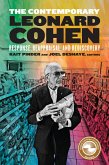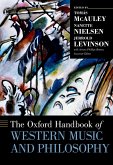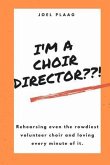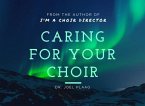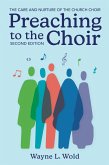The U.S. incarceration machine imprisons more people than in any other country. Music-Making in U.S. Prisons looks at the role music-making can play in achieving goals of accountability and healing that challenge the widespread assumption that prisons and punishment keep societies safe. The book s synthesis of historical research, contemporary practices, and pedagogies of music-making inside prisons reveals that, prior to the 1970s tough-on-crime era, choirs, instrumental ensembles, and radio shows bridged lives inside and outside prisons. Mass incarceration had a significant negative impact on music programs. Despite this setback, current programs testify to the potency of music education to support personal and social growth for people experiencing incarceration and deepen social awareness of the humanity found behind prison walls. Cohen and Duncan argue that music-making creates opportunities to humanize the complexity of crime, sustain meaningful relationships between incarcerated individuals and their families, and build social awareness of the prison industrial complex. The authors combine scholarship and personal experience to guide music educators, music aficionados, and social activists to create restorative social practices through music-making.
Dieser Download kann aus rechtlichen Gründen nur mit Rechnungsadresse in A, B, BG, CY, CZ, D, DK, EW, E, FIN, F, GR, HR, H, IRL, I, LT, L, LR, M, NL, PL, P, R, S, SLO, SK ausgeliefert werden.



